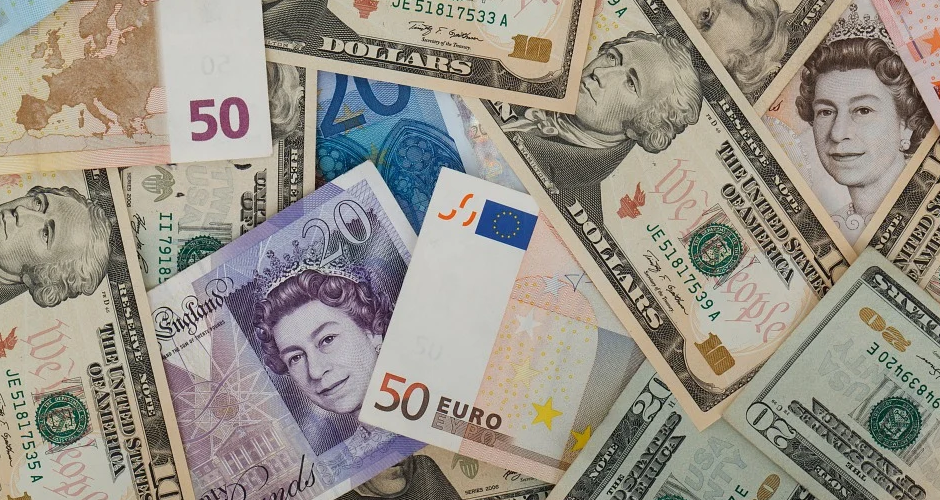EMERGING MARKETS-Currencies edge lower, Turkey's lira close to all-time low
Emerging market currencies inched lower against a firm dollar on Thursday, with the Chinese yuan hitting a five-month low on concerns around the country's uneven economic recovery, while Turkey's lira weakened further, nudging closer to all-time lows. MSCI's emerging market currencies index was down 0.2% at 0800 GMT, hovering close to its lowest level since late March.

Emerging market currencies inched lower against a firm dollar on Thursday, with the Chinese yuan hitting a five-month low on concerns around the country's uneven economic recovery, while Turkey's lira weakened further, nudging closer to all-time lows.
MSCI's emerging market currencies index was down 0.2% at 0800 GMT, hovering close to its lowest level since late March. The Turkish lira was last at 19.78 versus the dollar, coming within a whisker of its record low of 19.80 which it hit right after the deadly earthquake struck in early March.
The currency has been steadily weakening since the recent presidential vote, in which incumbent President Tayyip Erdogan performed better than expected, leading investors to bet that he would extend his rule and his unorthodox monetary policies into a third decade. "Should Erdogan be re-elected, the lira may be allowed to trade far more freely after being supported by backdoor FX interventions, which are not sustainable over the mid-term horizon," said Piotr Matys, senior FX analyst at In Touch Capital Markets.
"Unless the CBRT (central bank of Turkey) raises interest rates significantly, the lira may drop precipitously if backdoor FX interventions stop or are reduced markedly." Turkish bank stocks steadied after three days of declines.
The Turkish central bank's monthly survey showed an uptick in current account deficit expectations, with the figure expected to stand at $38.4 billion by the end of 2023 compared to $37.8 billion previously. The country is due to release data on forex reserves later in the day. The Chinese yuan slid to its lowest level against the dollar since early December, as a raft of recent economic data pointed to weak consumer demand and a slow post-pandemic recovery for the world's second largest economy. The South African rand, which has been pummelled in recent days by concerns around a burgeoning power crisis and weak economic data, fell 0.9% against the dollar.
The country's state power utility Eskom may have to implement "Stage 8" level of power cuts this winter if its interventions are not effective, said Group Executive for Transmission Segomoco Scheppers in a briefing on Thursday. Emerging market currencies have declined 0.4% so far this week as the safe-haven dollar received a boost from China growth concerns and discussions about the U.S. debt ceiling.
Emerging stocks were up 0.5% on Thursday, however, tracking upbeat global sentiment amid signs Washington might be close to a debt deal, averting a first-ever U.S. default. The International Monetary Fund's executive board on Wednesday approved a $3 billion, three-year loan program for Ghana, allowing for an immediate disbursement of about $600 million and a potential path out of the West African country's worst economic crisis in a generation.
Ghana's debt restructuring is targeting $10.5 billion of external debt service relief from 2023 to 2026, the IMF said late on Wednesday. For GRAPHIC on emerging market FX performance in 2023, see http://tmsnrt.rs/2egbfVh For GRAPHIC on MSCI emerging index performance in 2023, see https://tmsnrt.rs/2OusNdX
For TOP NEWS across emerging markets For CENTRAL EUROPE market report, see
For TURKISH market report, see For RUSSIAN market report, see
(This story has not been edited by Devdiscourse staff and is auto-generated from a syndicated feed.)










